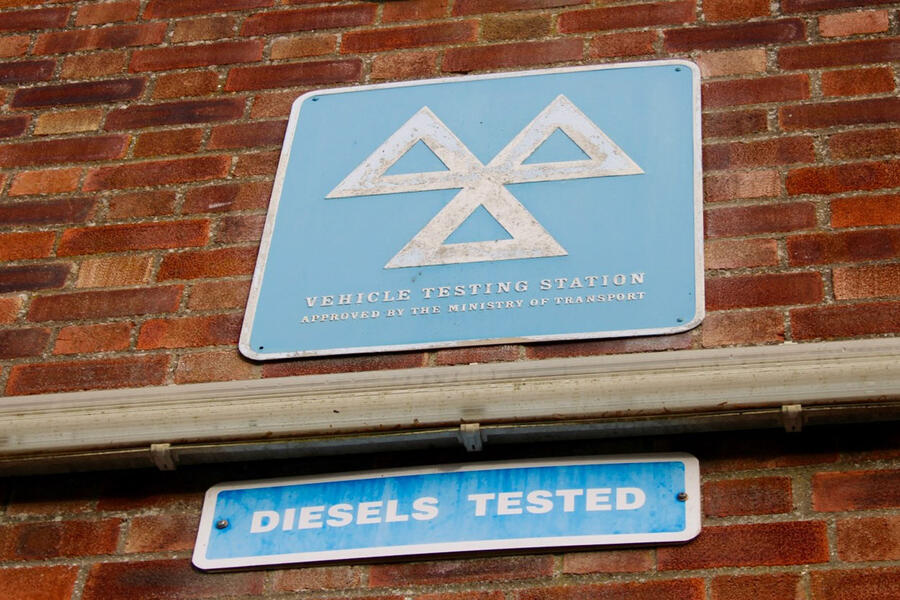Wills was unimpressed by these comments, saying: “On the one hand the DVSA is saying a vehicle must meet its type approval limits, but on the other it’s saying that it rarely checks them because the tests are different and in any case not every vehicle is type approved. For this reason, drivers need to be aware that although their car might pass the MOT test, they could still be prosecuted by the DVSA for breaching emissions regulations.”
Manufacturers of sport cats that Autocar has spoken to have agreed that their position is unclear.
A spokesman for one said: “Sport cats are a grey area. Our product complies with the legal limits but changes those limits higher up the engine’s rev range.
“Given the recent news concerning AET Motorsport, we’re revising the wording of our sales literature.”
A spokesman for the Performance Automotive Aftermarket Association, an organisation that represents major performance aftermarket manufacturers, distributors and retailers in the UK, said that it is working with the DVSA to clarify the position for its members.
Meanwhile, to help drivers identify responsible suppliers and installers of aftermarket products, it has introduced the Smart mark. Standing for ‘safe modification and responsible tuning’, Smart will be applied to products the organisation deems to be safe, road-legal and fit for purpose.
“We’re trying to give people an informed choice,” said a spokesman.
What are the differences between the vehicle type approval and MOT tests?

The type approval test is a laboratory test that measures how many grams of CO2 a vehicle emits per kilometre. It’s conducted by the Vehicle Certification Agency or another EU-approved body. It measures the specific outputs from the exhaust in relation to hydrocarbons, CO, NOx and other gases and particulates. Tests are performed across a particular set of driving conditions so that the results can be compared between vehicles.